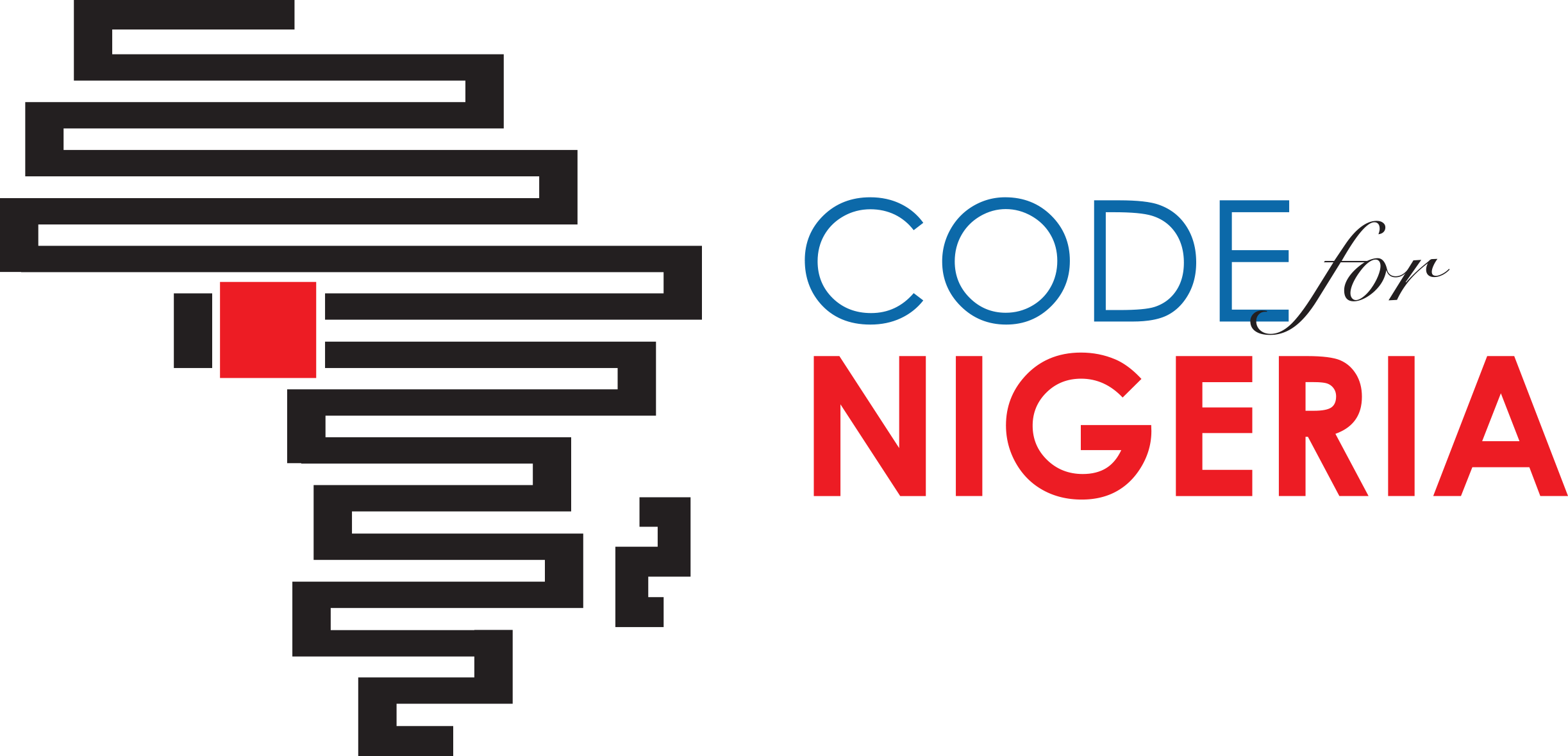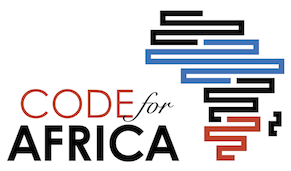About
YamaYama is designed to help Nigerians fight for a healthier environment. The platform helps citizens check whether garbage dumps in their neighbourhood are legal and -- if not -- helps citizens alert the authorities.
YamaYama also helps citizens ensure that the legal dumps are operating within their license conditions. If they violate their licenses, YamaYama helps citizens organise themselves, helps them alert authorities, and helps launch petitions to demand action by regulatory authorities.
YamaYama recognises that even the best intentioned government agencies don’t always have the resources to investigate every complaint or violation. YamaYama therefore partners with investigative watchdog media to help ensure that citizens’ complaints are given voice.
YamaYama started in Benin city, as an African Network of Centres for Investigative Reporting (ANCIR) driven partnership between the National Observer and Code for Nigeria (CfN). YamaYama intends growing to include other cities and media partners across Nigeria.
Contact us if you’d like to kickstart a chapter in your city.
Where Does It Come From? YamYama's History
YamaYama was born at an EditorsLab hackathon in Cape Town in 2013, where the Oxpeckers Center for Investigative Environmental Journalism was inspired by the WhereMyMoneyDey! project in Ghana and used its model for ‘actionable data’ to build a #GreenAlert prototype.
The original #GreenAlert focused on tracking Environmental Impact Assessments (EIAs) across South Africa, alerting citizens every time someone planned a major new construction or development project ranging from new mines, dams, power stations and roads, to landfill sites. The project broke new ground in the country, allowing activists to rally protests around contentious developments and sparking a series of landmark Promotion of Access to Information (PAIA) applications that ‘liberated’ 8,688 EIAs from government records and that sparked government to build its own EIA tracking portal.
#GreenAlert also gave birth to the award-winning #MineAlert in South Africa, which tracks mining activities across the country with investigative journalism into environmental abuses. In Kenya, #GreenAlert is being used to monitor illegal encroachment of indigenous forests, with investigative reporting by a coalition of local environmental journalists.
The underlying software tools and website templates have over the years been repackaged as #alertME to help others, including YamaYama to easily reuse the platform.
re/USE manifesto
The Code for Africa (CfA) federation and its partners hate seeing civil society or anyone else being duped into wasting money unnecessarily on inappropriate technology or predatory consultancies.
There are thousands of civic apps and other technology solutions already available for reuse, free-of-charge, on communities such as Github.
CfA is committed to help grow these resources and the global civic technology community, by making its code and data freely available. It is also committed to helping fellow watchdog organisations re-purpose and customise existing civic code as cost-effectively as possible.
The code for YamaYama is available here.
The data on illegal dumps in Benin is available here.
openAFRICA offers 100s of other useful Nigerian datasets. It is the continent's largest repository of public data, despite being volunteer run, and offers data ranging from government budget and tender information, to data about parliamentarians and other public officials.




